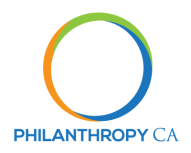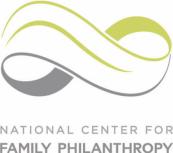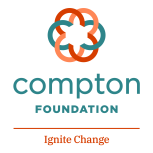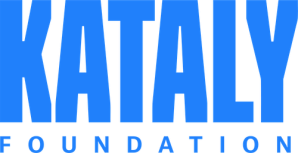Liberating Wealth for Racial & Relational Series Part 2 | Drawing the Line to Impact: Foundation Grantees Speak Out
Over the next 20 years in the U.S., $35–70 trillion in wealth will transfer from one generation to another in the largest generational wealth transfer in history, mostly moving within wealthy white families. The policies that make possible this protection and accumulation of wealth are situated within the legacy of land theft, genocide of Native people, enslavement of Black people, and exploitation of natural resources. This context of racial capitalism has also given rise to wealth accumulation that, in part, birthed the philanthropic sector. Paradoxically, many of us working within philanthropy aim to contribute to changes in systems, structures, and outcomes that address the harms of interconnected systems like racial capitalism that favor some at the expense of others and the planet.
In response to this paradox, many social justice activists are seeking new pathways to liberate resources for structural change while also contributing to true racial and relational repair. Conversations about reparations are increasing in number and intensity across the philanthropic, nonprofit, and government social change ecosystem. In this engaging discussion, speakers will invite participants to explore the contradictions inherent in philanthropy by probing some of the big questions facing this sector:
How do we employ philanthropic assets to repair harm and co-create new futures that center vitality, healing, solidarity, and right relationship?
How can wealth holders and others controlling capital flows think about wealth, impact, and legacy differently?
Part 2 Objectives
- How does the practice of spending up affect particular nonprofit & social movement organizations and the ecosystem within which they operate?
- How might foundations collectivize their thinking about spending out? About resourcing social change led by people of the Global Majority?
- What are the conversations around the board table that take us from status quo to bolder commitment?
Speakers
 Nwamaka Agbo
Nwamaka Agbo
CEO and Managing Director, Restorative Economies Fund, Kataly Foundation
Nwamaka Agbo is the CEO of the Kataly Foundation and Managing Director of Kataly’s Restorative Economies Fund (REF). REF is grounded and guided by Nwamaka’s framework on Restorative Economics. Prior to Kataly, Nwamaka provided technical assistance and strategic guidance to community-owned and -governed community wealth building initiatives as a consultant. With a background in community organizing, electoral campaigns, policy and advocacy work on racial, social and environmental justice issues, Nwamaka is deeply committed to supporting projects that build resilient, healthy and self-determined communities rooted in shared prosperity. She graduated from UC Davis with a Bachelor’s degree in Sociology and African American Studies and holds a Master’s of Public Administration specializing in Financial Management from San Francisco State University.
Who May Attend
Funders
Co-Sponsors
FILTER MORE BY:




